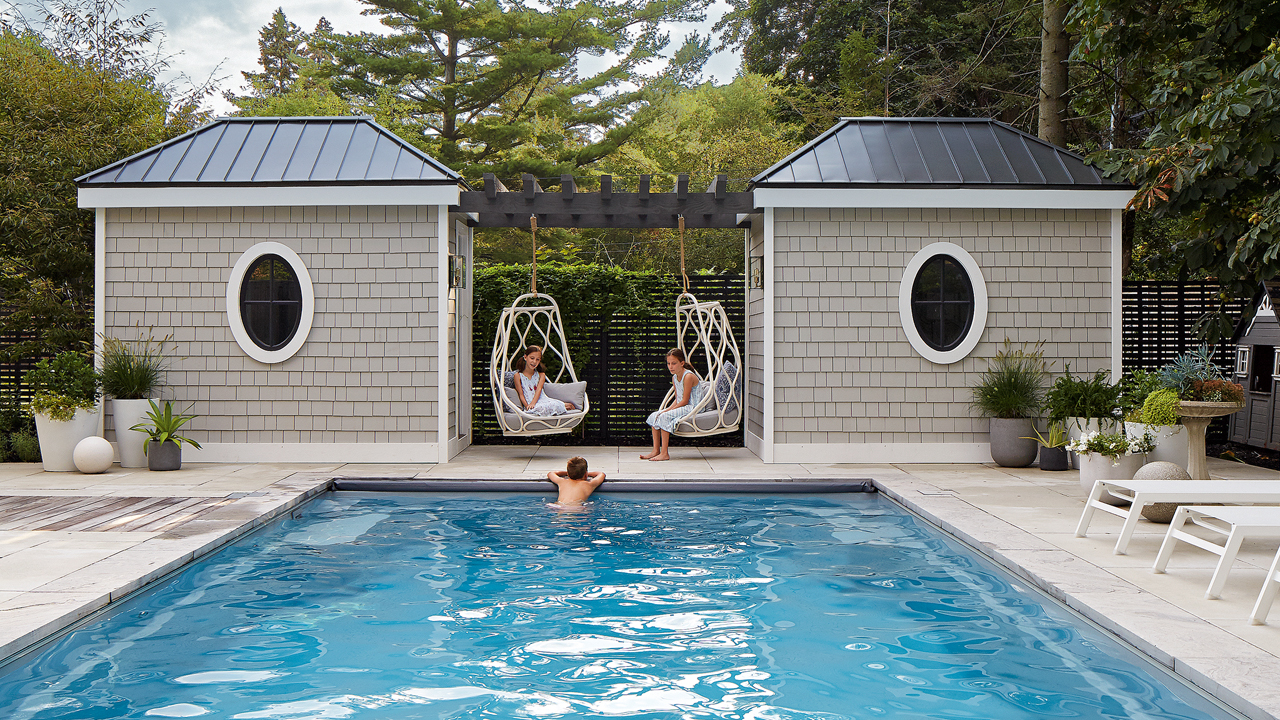
What Causes High pH in Pool and How Can You Fix It?
Share
Maintaining a swimming pool comes with its own set of challenges, and one of the most common problems pool owners encounter is understanding what causes high pH in pool water. This issue can affect water chemistry, comfort, and equipment functionality, making it essential for tech professionals and enthusiasts alike to comprehend.
In this article, we will delve into the factors contributing to high pH levels in pools and provide you with practical solutions to rectify the problem efficiently. With the right knowledge at hand, maintaining the perfect pool chemistry becomes a breeze.

Understanding pH Levels in Swimming Pools
The pH scale measures how acidic or basic water is, with a range from 0 to 14. A pH of 7 is considered neutral. For pool water, the ideal pH level typically falls between 7.2 and 7.8. Any reading above this range indicates a high pH, which can lead to various complications.

Factors Contributing to High pH in Pool Water
1. Source Water Quality
One of the primary reasons for elevated pH levels is the quality of the source water used for filling the pool. Many municipal water supplies have a naturally high pH, which can transfer directly to your pool's water if not monitored carefully.
2. Evaporation and Rainwater
Evaporation from the pool surface leads to concentration of dissolved solids in the remaining water. Additionally, when rainwater enters the pool, it can contribute to higher pH levels, especially if the rainwater is alkaline. This often happens after prolonged periods of dry weather followed by heavy rains.
3. Chemical Additives
Using chemical additives improperly can spike the pH levels as well. For instance, adding chlorine or other sanitizers can elevate pH if they have a high alkaline content. Regularly assessing and adjusting your chemical use is vital for maintaining balance.
4. Alkalinity Levels
High total alkalinity can lead to increased pH, serving as a buffer that prevents the pH from dropping to desired levels. To maintain the right pool balance, it's crucial to regularly check both alkalinity and pH levels.

How to Test pH Levels Effectively
There are two common methods for checking pH levels: using test strips and liquid test kits. Test strips offer a quick and easy way to check pH levels, but liquid kits provide more accurate readings.
1. Test Kits
Liquid test kits involve mixing a sample pool water in a vial with reagents, and observing color changes to determine the pH level. This method is highly recommended for accurate assessments.
2. Test Strips
Test strips involve dipping a strip in pool water and comparing the color on the strip to a color chart. While they are less accurate, they are convenient for quick assessments.

How to Lower pH in a Swimming Pool
If you find that your pool's pH level is on the high side, here are some practical steps you can take to lower it:
1. Use pH Reducers
Common pool pH reducers contain sodium bisulfate or muriatic acid. These chemicals lower the pH level effectively but must be used cautiously according to the manufacturers instructions.
2. Introduce Acidic Additives
Adding substances such as citric acid can help decrease pH levels over time. This organic option is often gentler on pool surfaces.
Long-term Pool Maintenance Practices
Consistent and thorough maintenance practices promote stable pH levels and overall pool health.
1. Regular Water Testing
Establishing a routine of regular water testing will allow you to catch pH issues before they escalate. Consider testing your pool water weekly, especially during peak swim seasons.
2. Cycling and Filtration
Running the pool pump and filter adequately is essential for water circulation. Proper filtration reduces dissolved solids and helps maintain a balanced chemical composition.
Conclusion
Understanding what causes high pH in pool water and how to manage it effectively is crucial for any pool owner. The combination of proactive maintenance, regular testing, and the appropriate use of chemicals allows for a safe and enjoyable swimming experience. If you're keen on deepening your understanding of pool operations, you might also want to check out articles on lowering pH levels or pool pump operation for enhanced maintenance strategies.
FAQ
What happens if the pool pH is too high?
High pH levels can lead to skin irritation, reduced chlorine efficiency, and cloudy water.
How often should I check pool pH?
It is advisable to check your pool pH at least once a week, more frequently during high use periods.
Can rainwater affect pool chemistry?
Yes, rainwater can introduce alkalinity and affect the overall pool chemistry, including pH levels.
As an Amazon Associate, I earn from qualifying purchases.
